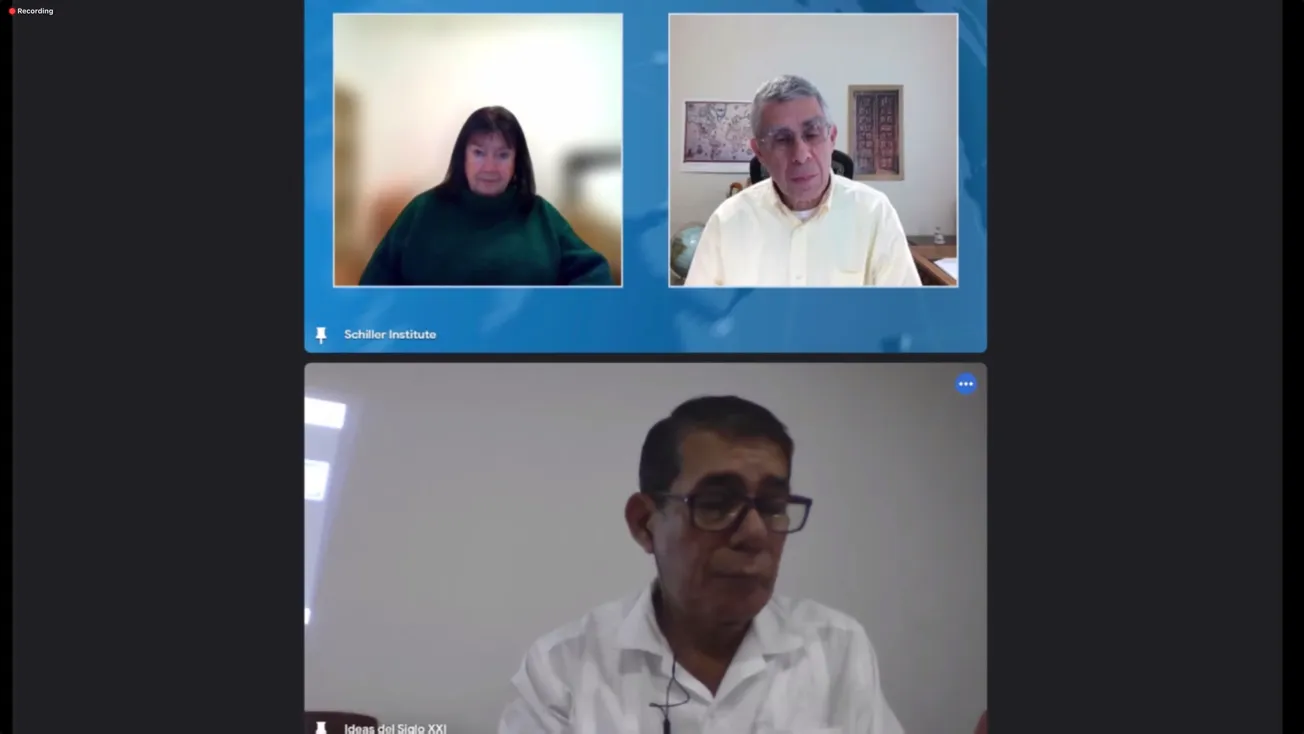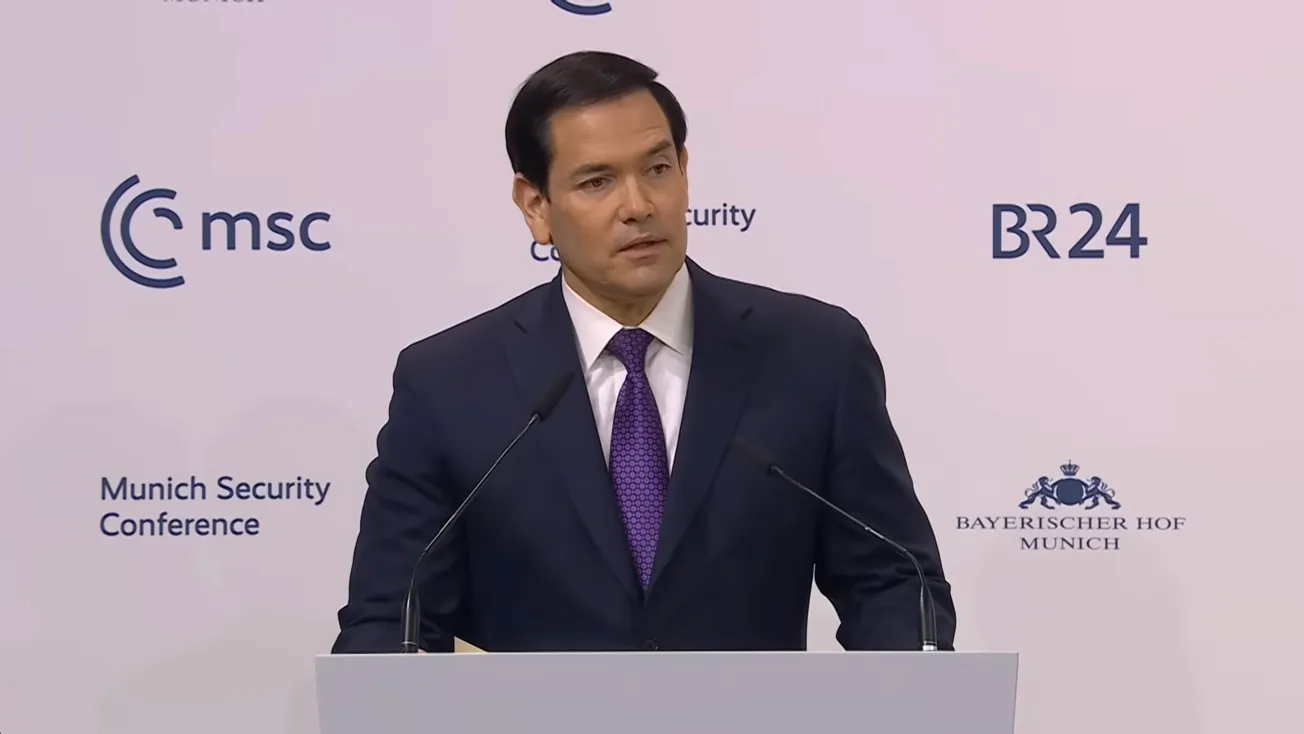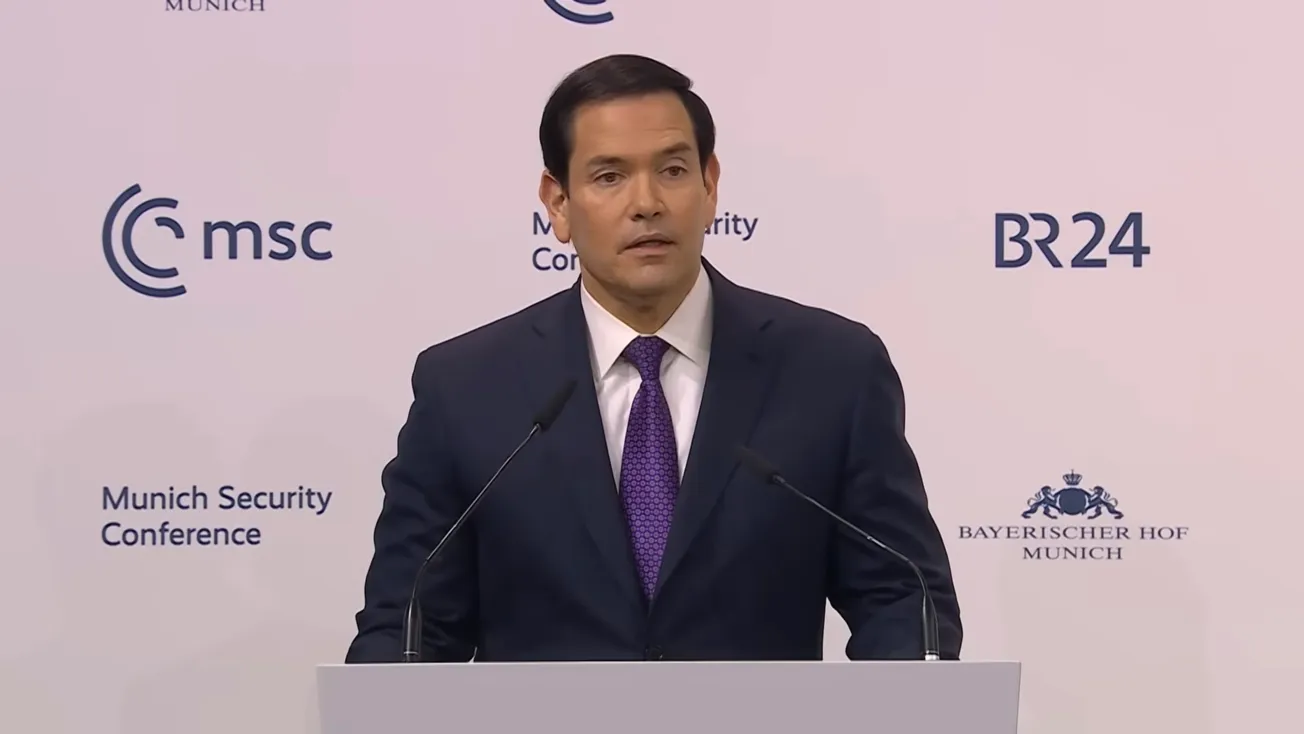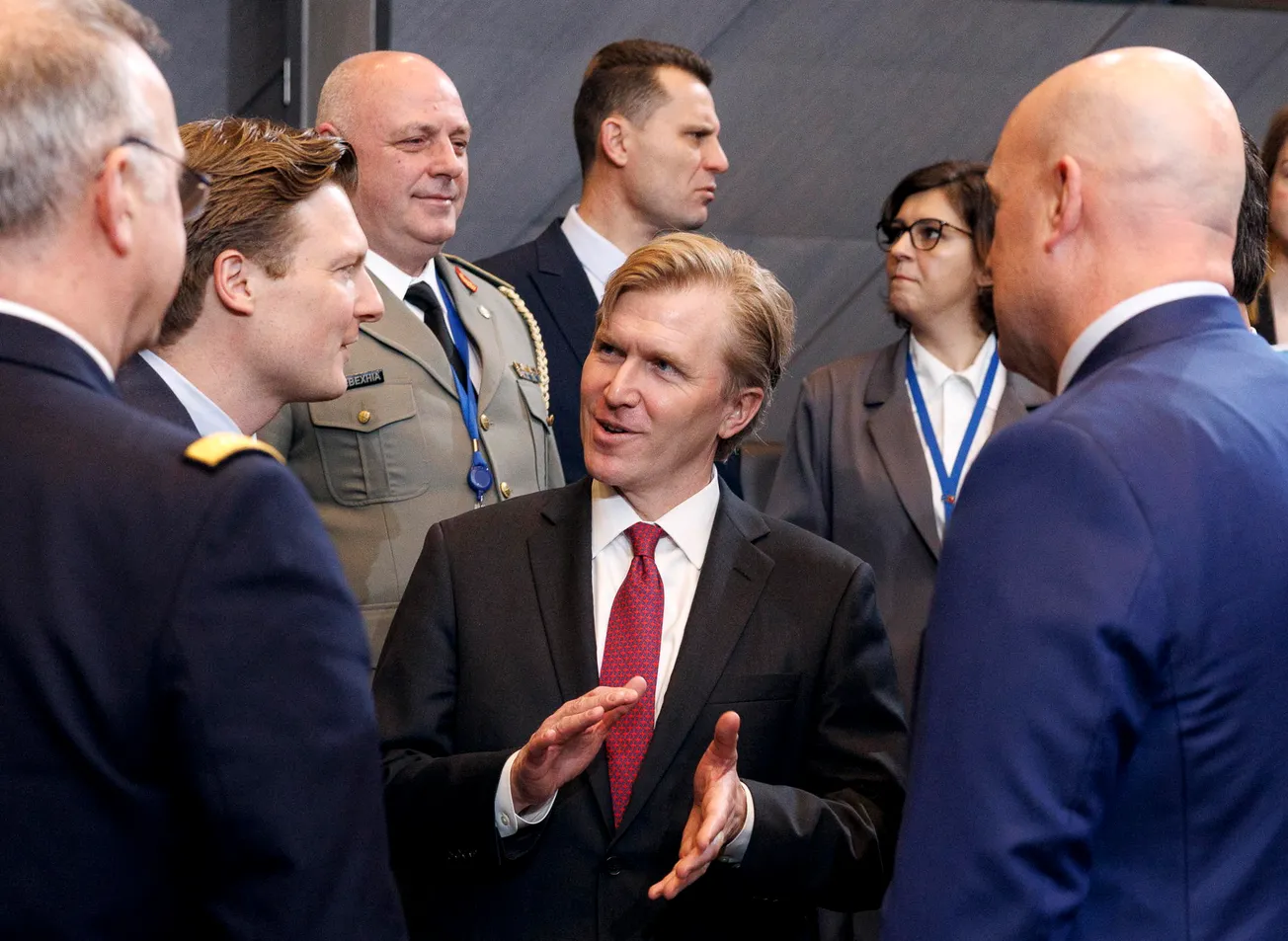The Lead
Central American World Forum: for a New International Security and Development Architecture
by Marcia Merry Baker (EIRNS) — Dec. 09, 2023
The first of a two-day world online forum, “A New International Security and Development Architecture,” was hosted today by the Central American and Caribbean Critical Thinking Conference (CPCCC), centered in Nicaragua, with powerful presentations and intense discussion addressing five topics. Over the day-long dialogue (with simultaneous interpretation of Spanish into French, English and German) some 250 people from over 15 countries participated, with questions and comments coming in from Belarus to Peru. The second day, in Spanish, will be a full schedule as well. The entire two-day conference will be available in video archive.
The welcome and concluding remarks given the first day by co-moderators Bolívar Téllez Castellón, CPCCC in Nicaragua, and Dennis Small, Schiller Institute in the U.S., explained the significance of the event. Téllez Castellón said that this conference was inspired by Schiller Institute founder Helga Zepp-LaRouche’s Ten Principles for a New International Security and Development Architecture, and that the weekend’s deliberations would follow her keynote address on that theme [see draft transcript below]. He said the process involved seeks not a “reform” of the broken world order, but is committed to an entirely new architecture to replace the failed financial and security system, as the event title states. Knowing this cannot happen overnight, nor by magic, what we must do, Téllez Castellón said, is have dialogue right now towards a new “conceptual” architecture. This involves students, professors and many others. Téllez Castellón said that the two-day event is organized by “topical threads” to conduct conversations on several levels.
Dennis Small took note that this is the first such international discussion event, of many to come. It arises from the process of collaboration in the International Peace Coalition, which has met weekly since its formation 27 weeks ago. He thanked the CPCCC for convening the conference, and advised people that they would hear differing views on topics such as economics, climate change, and music—but also a shared commitment to pull the world back from the brink of nuclear war and economic collapse. Small pointed out that it is appropriate that it takes place in Central America—a region which the world system to date has failed, a region which knows wars and desperate poverty first-hand and understands why that must come to an end everywhere.
Everyone at the opening of today’s “New Architecture” conference felt a special sense of its importance, after the glaring institutional failure the day before, when the UN Security Council was unable to approve a resolution for ceasefire in Palestine-Israel, because though 13 of 15 Security Council members supported it (and the U.K. abstained), the U.S. cast a veto. This was against the Global Majority, and the majority of Americans alike.
Many aspects of that were discussed by speakers and call-ins, including the question: If the world can come together in shared horror to demand stopping the genocide in Gaza, how can we come together and mobilize in favor of a new world economic and security system that is clearly urgently needed by all peoples and nations?
The conference itself exemplified that this feat can be accomplished. There were varied and conflicting views on several matters, and even conflicting ideologies, but real progress was made in understanding new vantage points, and the ways we can collaborate.
Five Topic
The first of three presentations in the morning session was given by Helga Zepp-LaRouche, Schiller Institute founder and leader, on the conference theme, “The New International Security and Development Architecture.” In November 2022, she had issued her “Ten Principles” addressing this, and she went through each one in her remarks, with updates and specifics. For example, regarding Principle Five, on financial architecture, she raised the prospect of “re-tooling” the military-industrial capacity for what economies truly require—infrastructure, health care, and so on. Too optimistic? she asked. That takes you to Principle Ten. It is not utopian at all to understand that humanity can be governed by principles of the common good, not optimizing private interest.
The next presentation, “Capitalism and Multipolarity,” given by two CPCCC speakers, was focused in part on asserting that capitalism is inherently governed by greed and maximizing profit, and inevitably cycles downward in phases towards its collapse. Scholars Luis Guzmán and Rafael Paz Narváez gave an illustrated presentation, some of which drew upon the post-deconstructionist Jacques Lacan (1901-1981), for applications of his psychoanalytical approach to capitalism. Guzmán and Paz spoke of the aspects of capitalism that feed poverty and war. Paz singled out for strong criticism the chains imposed by “knowledge management” in society, which amounts to “chaos management.”
The third topic of the day was “The Economic and Financial Crisis, and the Role of the BRICS,” addressed by Dennis Small, who explained why today’s financial/economic collapse is “systemic,” and not merely a conjunctural crisis, that might be expected to improve. In the course of this, he introduced the method of economist-statesman Lyndon LaRouche (1922-2019), showing LaRouche’s famed forecast image, the “Triple Curve,” of physical economic decline, while financial and money values rise, to the point of blow-out. Small showed a short video on LaRouche and the importance of understanding physical economy, given in 2022 by renowned Russian economist Sergei Glazyev, for the 100th anniversary of LaRouche’s birth.
Small’s presentation, and the discussion afterward which ended the morning session, also included a refutation of the assertions that there is a “climate emergency,” and that man-made emissions are causing “climate change.” He focused on the solution concepts for a new economic architecture.
New Institutions, the BRI
The fourth presentation, “Alternatives to the System of U.S. Unipolar Domination,” was given by Donald Ramotar, former President of Guyana. He gave dramatic examples of the unilateral “bending of law” and corruption of institutions such as the UN Security Council, the International Criminal Court, and others by the United States, NATO and the ruling powers. He said that, “the devastation in Gaza has ripped the mask off Western democracy….”
The fifth and last presentation of the day was on “China’s New Silk Road vs. Netanyahu’s `Silk Road’ Proposal to the UN,” given by Ismael Cañas, of the CPCCC. He covered Silk Road history and presented the full scope of the modern version, the Belt and Road Initiative. He gave brief remarks about the anti-BRI plan, the geopolitical scheme called the India-Middle-East-Europe Economic Corridor (IMEC), which Israel Prime Minister Netanyahu extolled to the UN General Assembly.
The closing discussion was a very exciting exchange over the prospects for the BRI, especially in South and Central America. Cañas and Small reviewed specific plans, including for the Bi-Oceanic Rail Corridor, from the Atlantic to the Pacific, which has three routes; deep water ports in the Caribbean in Cuba and Puerto Rico; and ports on the South American mainland, which China is already investing in.
Contents
Strategic War Danger
- Biden, Blinken Deaf to Arab Leaders (↓)
- State Department Bypasses Congress To Rush More Ammo to Israel Tanks (↓)
- Iran’s Foreign Minister Warns U.S. Veto May Lead to an ‘Uncontrollable Explosion’ in Region (↓)
- Kiev Troubled over Influence of Zepp-LaRouche (↓)
- Erdogan Praises Spain's Favoring a Palestinian State (↓)
- Mitsotakis and Erdogan Seek To Calm Tensions over Aegean Sea (↓)
New World Paradigm
- South American Leaders Mobilize To Calm Guyana-Venezuela Border Conflict; U.S. Sends in Its Military (↓)







